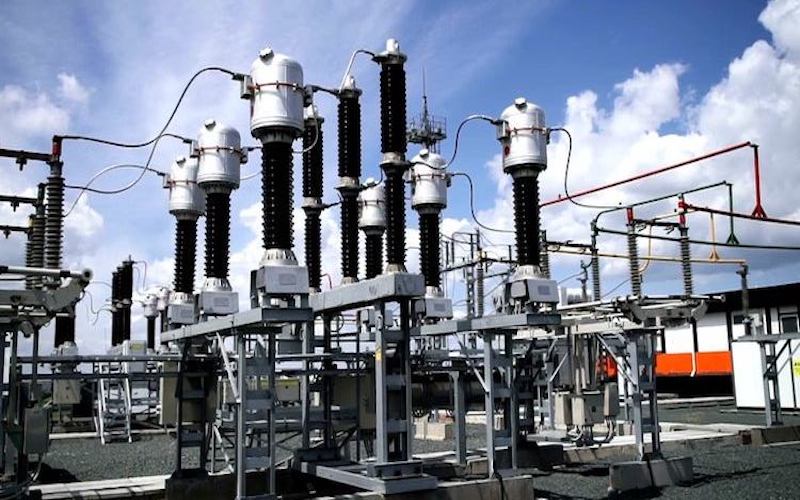The Nigerian government has highlighted that Nigerian electricity companies need an estimated N2 trillion ($2.5 billion) in new capital to address the industry’s current challenges and enhance its capacity to supply power to the country’s 200 million residents.
Olu Verheijen, an adviser to President Bola Tinubu on energy, emphasized the financial constraints faced by power companies in Nigeria, citing over-leverage and inadequate capitalization. These challenges have limited the companies’ ability to invest in the efficient distribution of electricity to households across the country, he noted in an interview reported by Bloomberg.
Nigeria currently generates and supplies approximately 3,500MW to 4,500MW to its citizens across 36 states and the Federal Capital Territory. The country’s power generation on a recent Thursday stood at 4,582.49MW as of 6 am.
Challenges such as insufficient pricing mechanisms, inconsistent revenue collection, and an aging national grid have resulted in many Nigerian residents relying on noisy generators for their power needs. For instance, Lagos, with a population of 25 million people, receives only 1,000MW from the grid, while Shanghai, with a similar population, supplies over 30,000MW during peak demand.
To address these issues, the adviser stressed the importance of setting policies that facilitate the reorganization and recapitalization of power companies, bringing in new partners with fresh capital. Although a specific date or detailed plan was not provided, President Bola Tinubu pledged on January 1, 2024, to enhance electricity supply in the West African nation.
The proposed recapitalization will align with plans to make electricity tariffs cost-reflective, which is expected to enhance the liquidity and viability of the power sector. While generation and distribution were privatized in 2013, tariffs continue to be regulated by the Nigeria Electricity Regulatory Commission, a government-controlled body. Power firms face restrictions on charging tariffs sufficient to cover electricity distribution costs, with the government compensating the shortfall as a subsidy to sector companies.
Without a tariff review, concerns related to the weakening naira and accelerating inflation could potentially push energy subsidies from N600 billion in 2023 to N1.6 trillion in 2024, according to the regulator.


